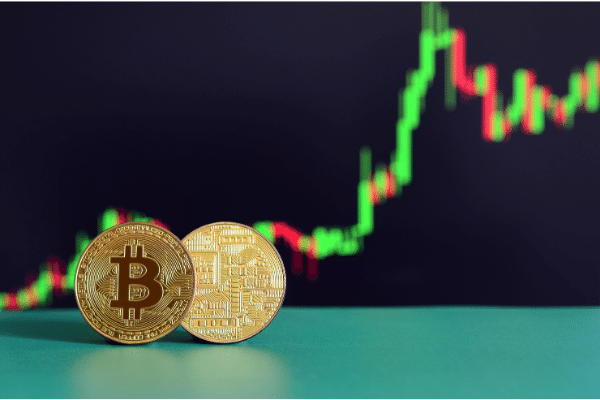
- Bitcoin is failing to live up to its role as a hedge against inflation, falling alongside stocks as escalating tensions between Russia and Ukraine sapped risk appetite.
- It would appear that Bitcoin isn’t so much a replacement for gold as it is a competitor to it.
Tensions in the Ukraine are feeding the narrative that Bitcoin is more risk asset than safe haven.
Despite the U.S. suffering from the fastest pace of price increases in four decades, Bitcoin is failing to live up to its role as a hedge against inflation, falling alongside stocks as escalating tensions between Russia and Ukraine sapped risk appetite.
The benchmark cryptocurrency dropped to as low as US$36,200 at the time of writing, soon after Russian President Vladimir Putin signed a declaration formally recognizing two breakaway provinces in eastern Ukraine as independent states.
Bitcoin dipped below US$40,000 in weekend trading but rebounded shortly on the prospect that U.S. President Joe Biden and Russian President Vladimir Putin would meet to resolve tensions in Ukraine.
But even as flows from Bitcoin are leaving, that money has poured into gold, which has reached its highest level since June last year, confirming the negative correlation between gold and Bitcoin.
It would appear that Bitcoin isn’t so much a replacement for gold as it is a competitor to it.
Last year, record outflows from gold ETFs coincided with inflows into Bitcoin and the slew of freshly launched Bitcoin products, including the ProShares Bitcoin Strategy ETF.
Nonetheless, CME Group’s cash-settled Bitcoin futures has seen a surge in open interest, suggesting that the recent bout of geopolitical instability in Ukraine has shaken investors, but not shoved them out completely on the Bitcoin trade.
With U.S. Consumer Price Index data at 7.1% and prices rising at the fastest rate in four decades, some investors are hedging their bets with Bitcoin and a 20% increase in Bitcoin futures contracts was seen in January compared to December last year.
There is still a significant trader base that sees cryptocurrencies as insulated from monetary policy and a haven from price pressures.



